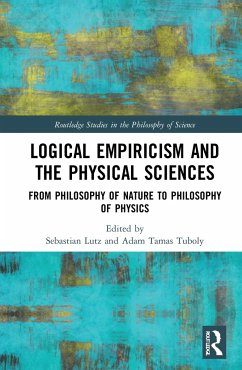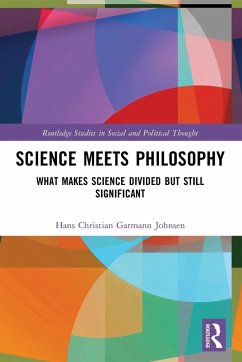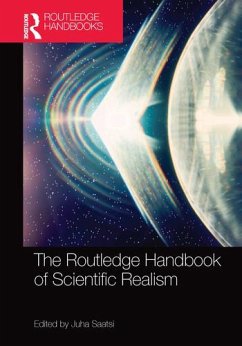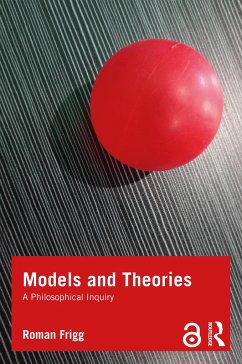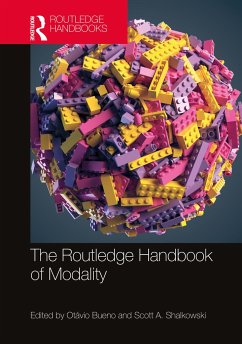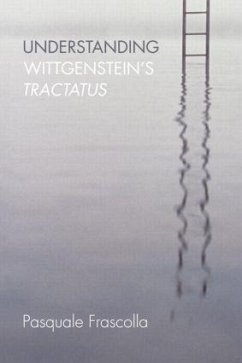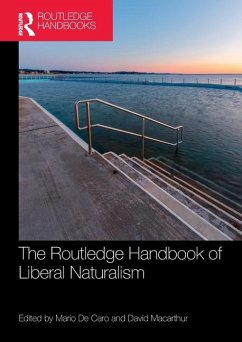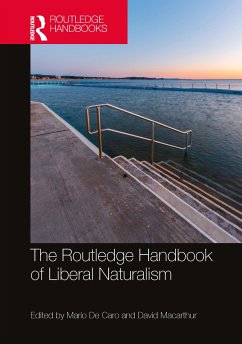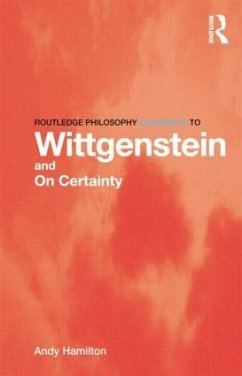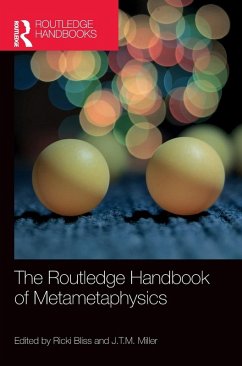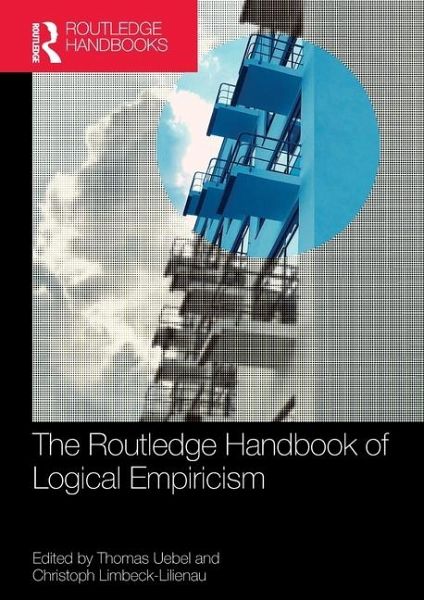
The Routledge Handbook of Logical Empiricism
Versandkostenfrei!
Versandfertig in 6-10 Tagen
49,99 €
inkl. MwSt.

PAYBACK Punkte
25 °P sammeln!
Logical empiricism is a philosophical movement that flourished in the 1920s and 30s in Central Europe and in the 1940s and 50s in the United States. With its stated ambition to comprehend the revolutionary advances in the empirical and formal sciences of their day and to confront anti-modernist challenges to scientific reason itself, logical empiricism was never uncontroversial. Uniting key thinkers who often disagreed with one another but shared the aim to conceive of philosophy as part of the scientific enterprise, it left a rich and varied legacy that has only begun to be explored relativel...
Logical empiricism is a philosophical movement that flourished in the 1920s and 30s in Central Europe and in the 1940s and 50s in the United States. With its stated ambition to comprehend the revolutionary advances in the empirical and formal sciences of their day and to confront anti-modernist challenges to scientific reason itself, logical empiricism was never uncontroversial. Uniting key thinkers who often disagreed with one another but shared the aim to conceive of philosophy as part of the scientific enterprise, it left a rich and varied legacy that has only begun to be explored relatively recently.
The Routledge Handbook of Logical Empiricism is an outstanding reference source to this challenging subject area, and the first collection of its kind. Comprising 41 chapters written by an international and interdisciplinary team of contributors, the Handbook is organized into four clear parts:
The Cultural, Scientific and Philosophical Context and the Development of Logical EmpiricismCharacteristic Theses of and Specific Issues in Logical EmpiricismRelations to Philosophical ContemporariesLeading Post-Positivist Criticisms and Legacy
Essential reading for students and researchers in the history of twentieth-century philosophy, especially the history of analytical philosophy and the history of philosophy of science, the Handbook will also be of interest to those working in related areas of philosophy influenced by this important movement, including metaphysics and epistemology, philosophy of mind and philosophy of language.
The Routledge Handbook of Logical Empiricism is an outstanding reference source to this challenging subject area, and the first collection of its kind. Comprising 41 chapters written by an international and interdisciplinary team of contributors, the Handbook is organized into four clear parts:
The Cultural, Scientific and Philosophical Context and the Development of Logical EmpiricismCharacteristic Theses of and Specific Issues in Logical EmpiricismRelations to Philosophical ContemporariesLeading Post-Positivist Criticisms and Legacy
Essential reading for students and researchers in the history of twentieth-century philosophy, especially the history of analytical philosophy and the history of philosophy of science, the Handbook will also be of interest to those working in related areas of philosophy influenced by this important movement, including metaphysics and epistemology, philosophy of mind and philosophy of language.



